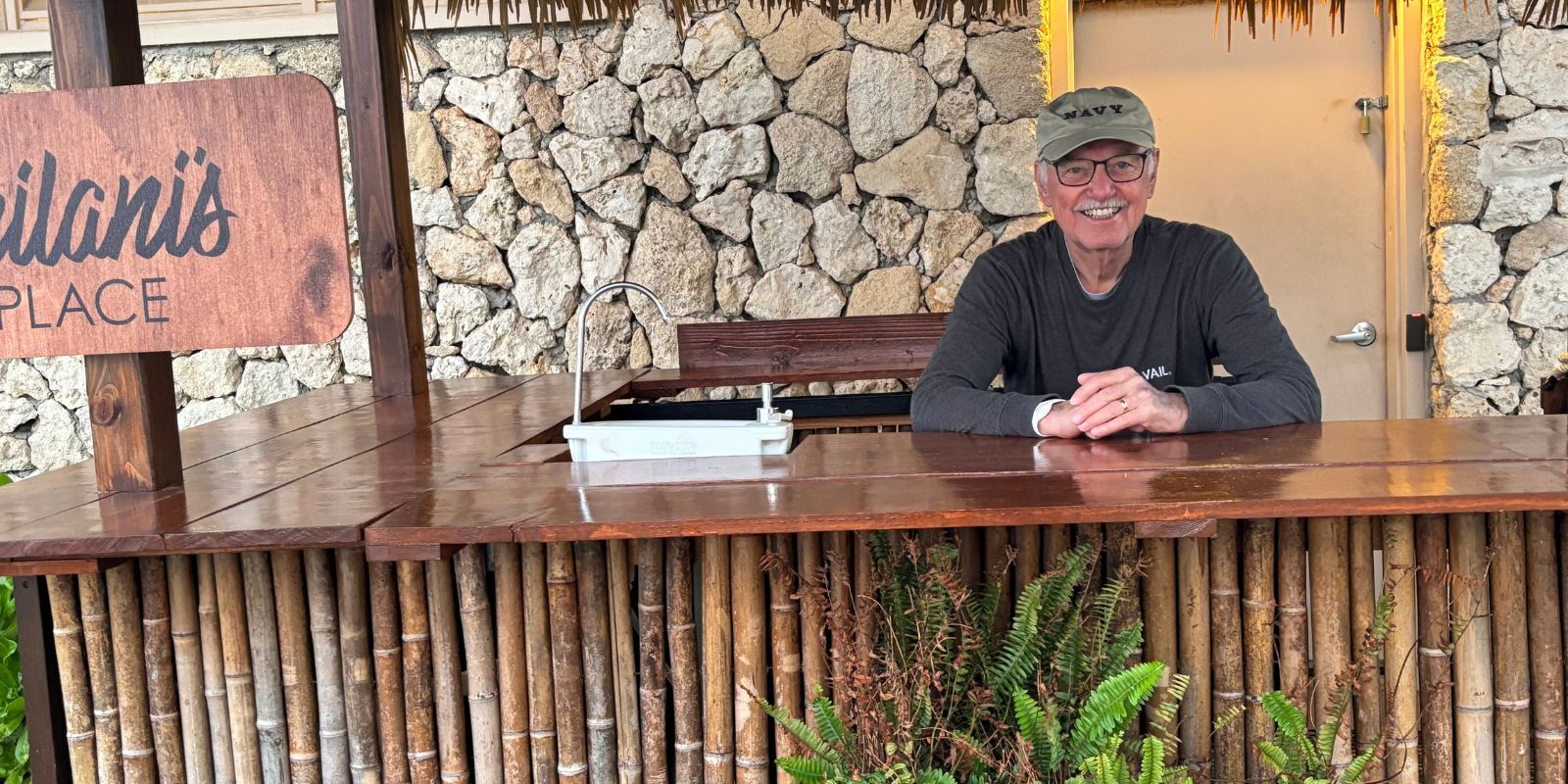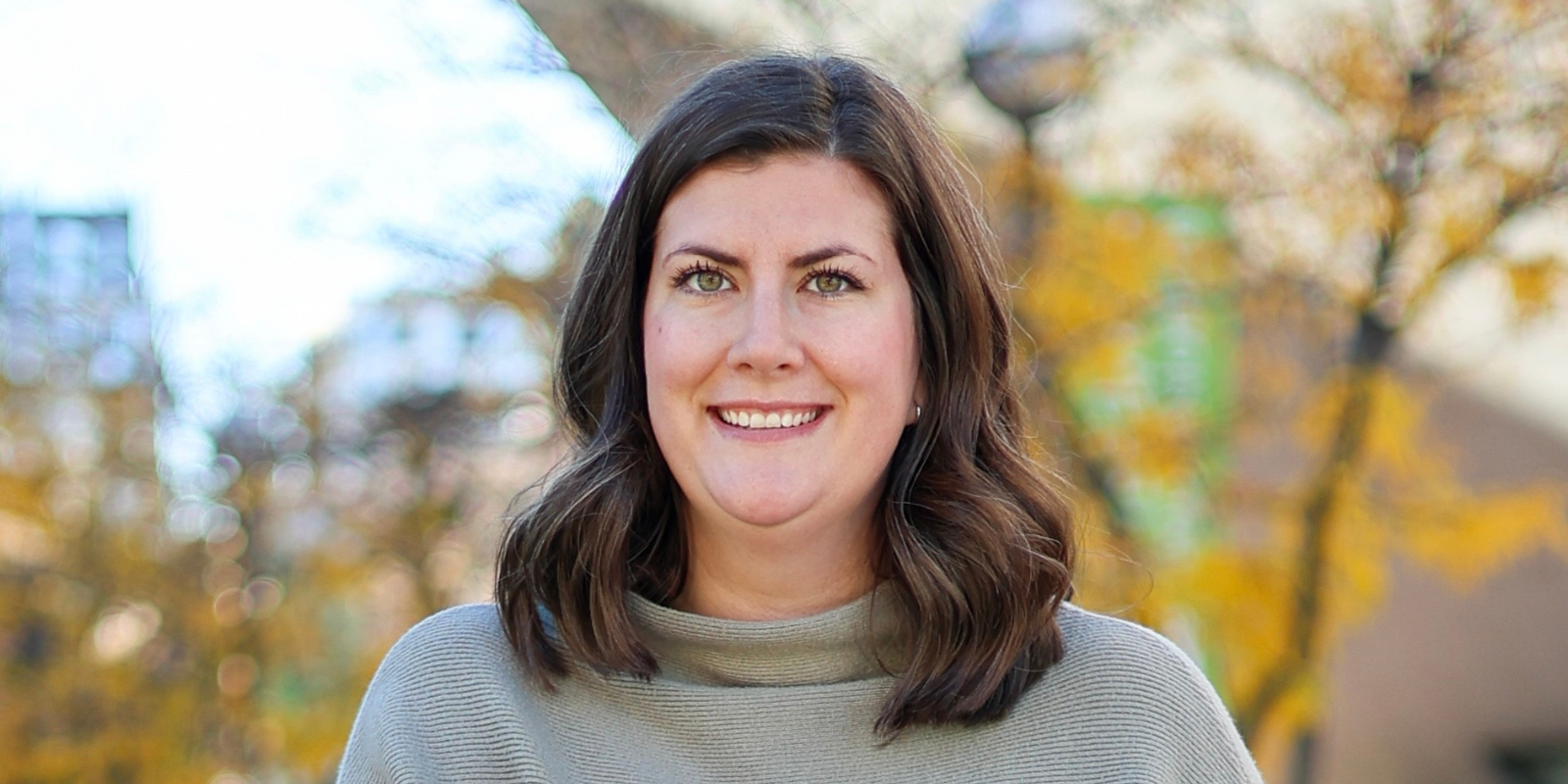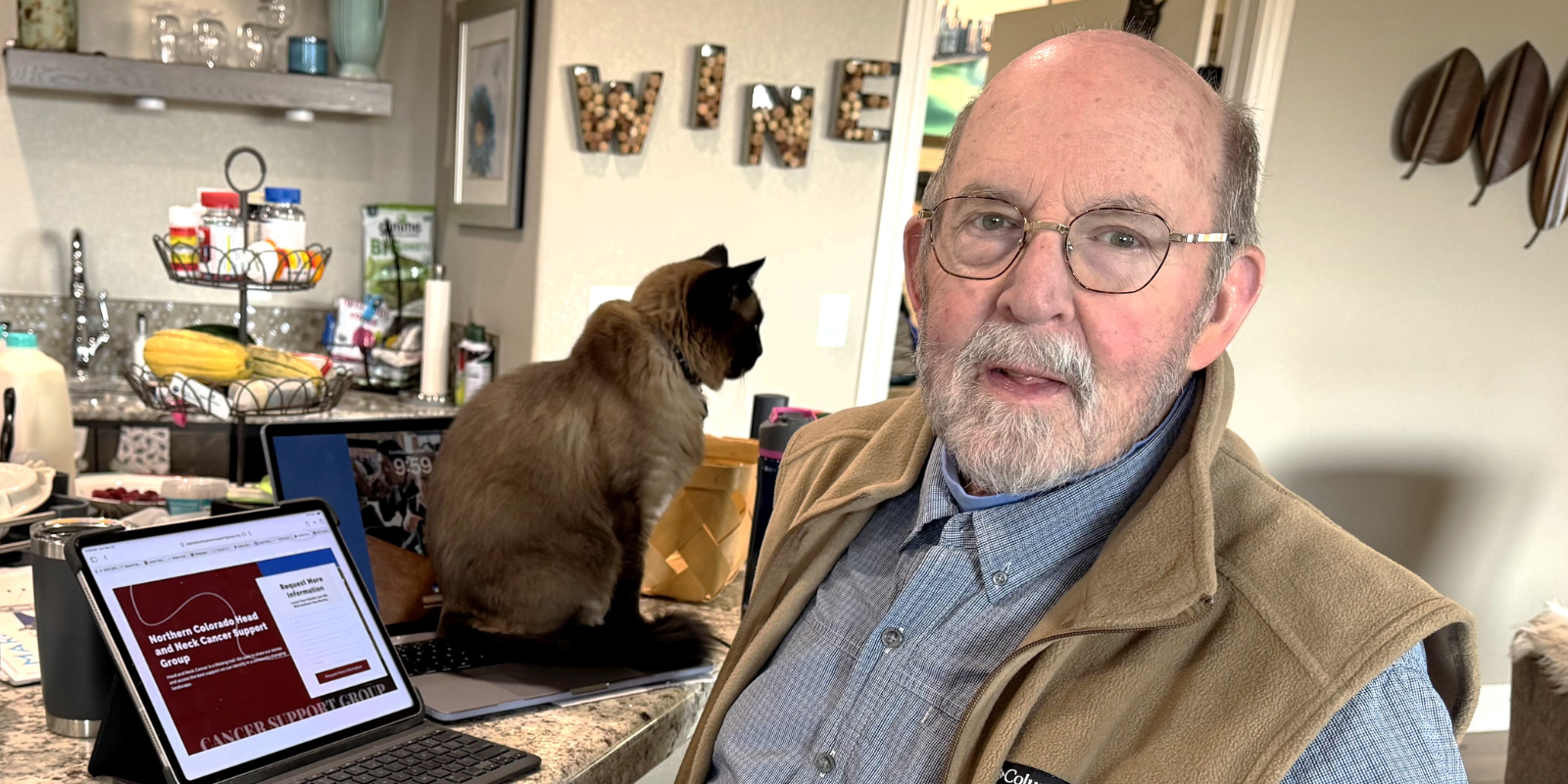Pablo Garcia started to worry when he began experiencing unusual stomach symptoms. He worried even more when his doctor at the Salud Family Health Center in Longmont, Colorado, ordered a colonoscopy to check for signs of colon cancer. Pablo was unfamiliar with the procedure, the preparation, and the hospital where the test was to take place.
That’s when the patient navigator team at Salud stepped in to help, educating Pablo about what a colonoscopy entails and why the test is important, scheduling him for the procedure and a follow-up appointment, and walking him through the prep.
“They would call me and say, ‘Go here, go there, do this and that’ — everybody involved was very helpful,” Pablo says. “Through the whole process I never felt uncomfortable. I felt welcome.”
Pablo is thankful he went in for the colonoscopy in August 2019, since the test showed he had colon cancer. He had surgery in February 2020, followed by six weeks of radiation treatment. A follow-up colonoscopy in summer 2020 showed that he was cancer-free.
“All the doctors that treated me were all very professional and I appreciate that they got rid of it,” says Pablo, 66. “I’m still praying it doesn’t come back.”
Overcoming barriers to care
Salud’s patient navigator team was there to help Pablo every step of the way. Supported and funded in part by the Colorado Cancer Screening Program (CCSP) at the CU Cancer Center, the team exists to help patients — most of them low-income and many of them Spanish-speaking-preferred — through the process of getting colonoscopies or endoscopies, as well as any follow-up care they may need.
“It’s extremely helpful because we have patients with many barriers to care,” says Hans Elzinga, MD, a family medicine doctor at Salud who oversees colonoscopies and endoscopies. “Over two-thirds of our patients are Spanish-speaking-preferred, so the language barrier is one of the most common. All of our folks who work as patient navigators are fluent in Spanish or bilingual.”
Navigators also help facilitate transportation for patients, and they help with patient education. They even show up at the hospital on test days so patients can see a familiar face.
“We have a lot of patients with lower health literacy, so the navigators provide one-on-one teaching to help them understand not only why we do the tests but also, most importantly, they help with how to prepare for the test,” Elzinga says.
The importance of early detection
In addition to patients like Pablo, who come in due to symptoms, the CCSP — which is funded by the Cancer Cardiovascular and Pulmonary Disease Grants Program — works to get all patients screened as close to the recommended age as possible. The program trains and provides funding of patient navigation at “safety-net” clinics around the state — federally qualified health centers, hospitals, rural health centers, faith-based community clinics, and more — to talk to patients about the importance of getting screened for colorectal cancer, lung cancer, breast cancer, and cervical cancer based on recommended screening guidelines.
“Within the medically underserved community, we still have so many people that aren’t accessing preventive or primary care in general, so that’s one of our big aims,” says CCSP director Andrea (Andi) Dwyer. “The screening rates in some communities are on the rise, but we also know communities of color, particularly African Americans, are at higher risk and have lower screening rates. We also know in our rural communities that screening rates remain low, although in some parts of the state, those populations have some of the highest rates of incidence of late-stage disease.”
Dwyer also notes the COVID-19 pandemic has impacted screenings across the board. The CCSP, she says, is being more deliberate than ever about reaching the medically underserved as a statewide ban on elective screenings in spring 2020 ban created backlog and urgency.
Key to the whole process, Elzinga says, are the navigators who help patients through the maze of tests, appointments, and billing procedures, demystifying the process so people get the screening they need.
“Early detection has a huge advantage in colorectal cancer,” he says. “Where patient navigation has a huge benefit is when you have folks who for whatever reason have some different barriers to care. Helping with those and getting procedures done in a timely fashion is a really big deal. Time is of the essence when it comes to early detection, so doing things so you can get things done sooner makes a huge difference. We’re talking life-and-death changes in people’s lives.”
Comforting presence
One of those navigators, Lupe Sandoval, who oversees patient navigation at the Salud clinic in Longmont, says it’s that ability to change and improve lives that makes the job so rewarding.
“We are there to assist our patients. It’s very scary when you go somewhere and you don’t know anybody at the hospital,” she says. “They see the navigators there, they know us from consults, from various phone calls we have made to them to confirm appointments, to ask them about their meds, and I think that’s a very big comfort to them.”



